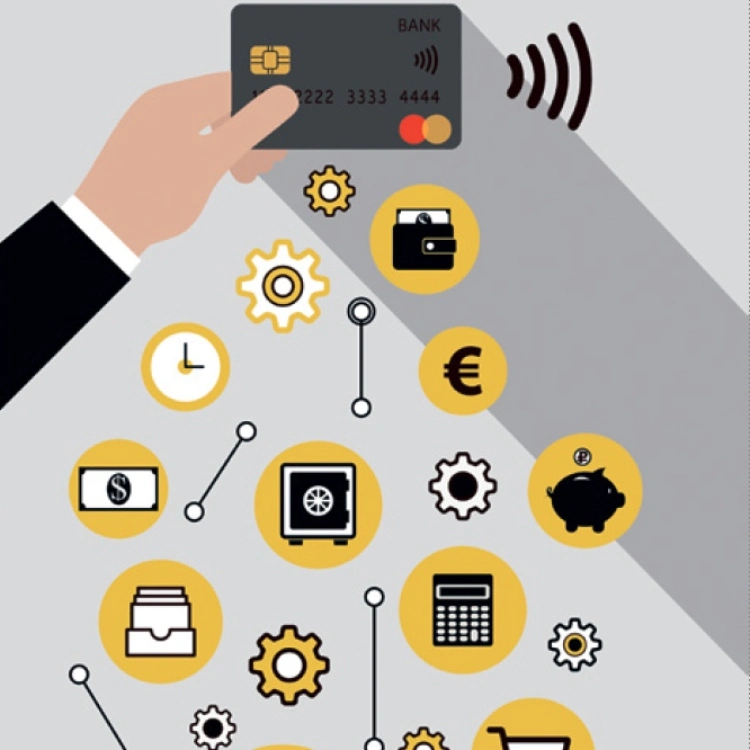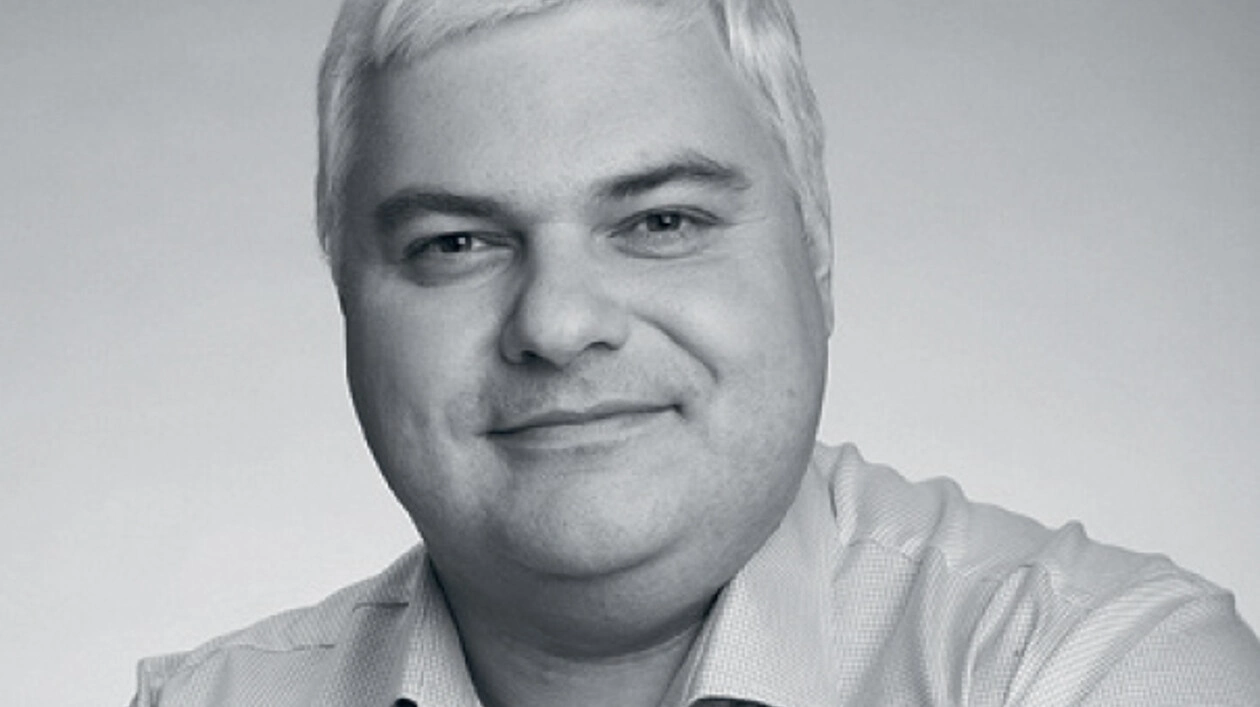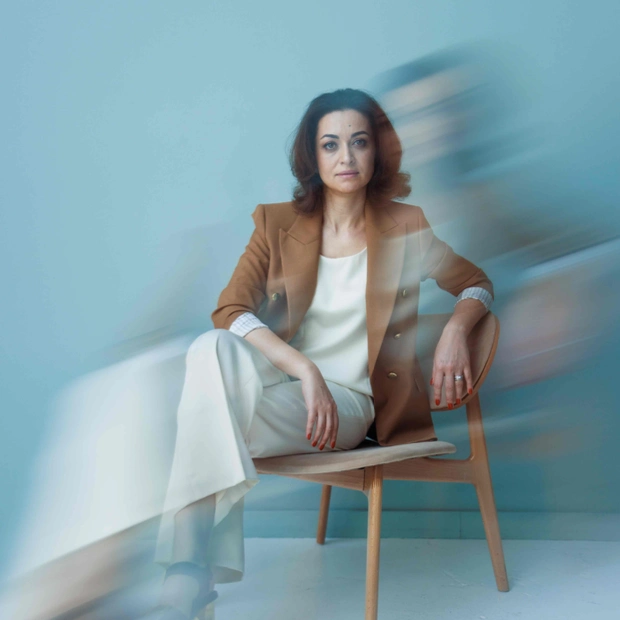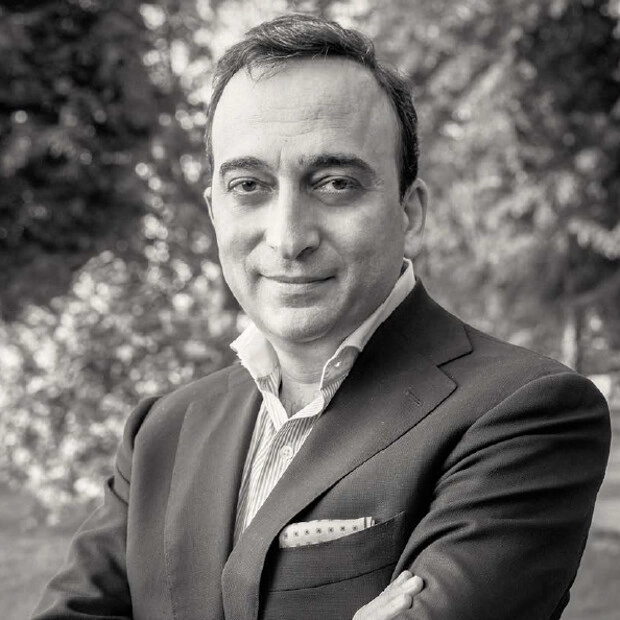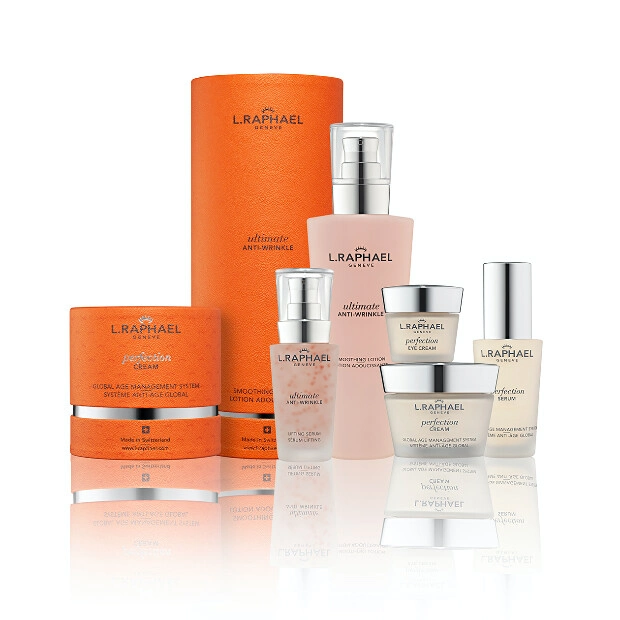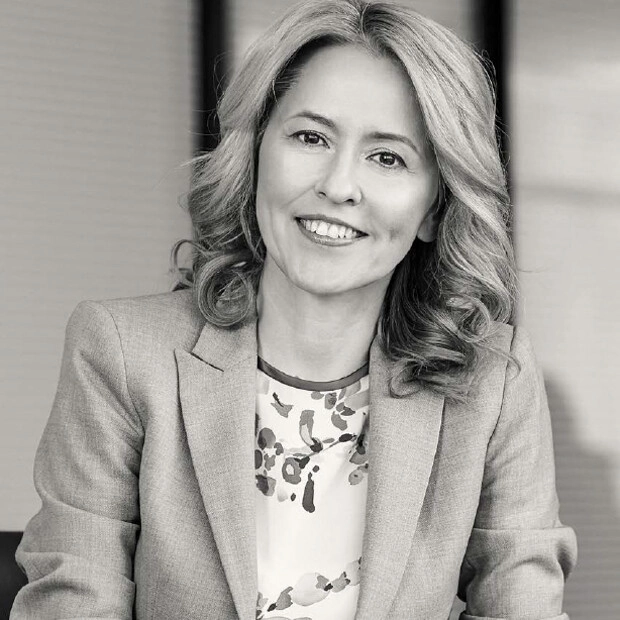In a while our world will become like the worlds guessed by Clifford Simak in the middle of the last century: sapient robots, shops selling razor blades, lamps, cars and houses by themselves. May be not far off is the day when we will be able to prove Steven Hawking’s theory about the multiverse universe in practice traveling not through the time and space but some other way. Whether or not today a microchip is created which is to be implanted under the skin and in order to be used to make payments, and not only this — tells our columnist, CEO of MasterCard in Russia, Aleksey Malinovsky.
An American businessman, Frank McNamara, was dining with business-partners in a New York restaurant and when the moment came to pay the bill, realized he’d left his wallet at home. It was awkward to ask his partners to pay so he called his wife and asked her to bring his wallet. While waiting for her to arrive, he talked to the restaurant’s owner and asked him ‘What if someone guaranteed that you’d be paid even if the client came without money?’ ‘I’d give even ten percent for that’ was the answer. That’s how the business idea was born and, in a year, McNamara was celebrating the newborn business he called Diners Club.
First cards were produced there, club united those who liked to have dinners or lunches in restaurants, they could pay not immediately but after some time. First cards were in paper; staff called a bank, bank approved the solvency and money were written off from the account. It was the first time when people got the choice to pay in cash or using the card.
Time went by, paper card was replaced by plastic with built in microchip, variants of payments multi-plied step by step, contactless devices appeared chang-ing life dramatically, making it convenient. Modern man won’t go back home if he left it and realized that he left his wallet at home because he knows that he can either borrow money from his friends or colleagues or he doesn’t need it because he has a phone with the payment function in it.
We can use transport with contactless payment, pay in restaurant or buy water without wallet. Well, if we forget phone, we are risking to feel that our life is left at home: no mail, no internet-banking access, no idea how to contact friends. The time we used to make appointments on a defined time near to, say, Puskinsky memorial has gone. We say, ‘I’ll be in Tverskaya district, let’s phone up’. And if you can’t phone up it’s a problem. The habit to hold something in your hands is a habit to keep everything under control. On one hand there’s a feeling that if you pay with card you don’t control your expenses because you don’t hand count your money. But researchers say that it is not true. You receive sms and see where money goes and you control situation much better. It is harder with cash.
Now, in our days when we say ‘plastic card’ we might mean a rate of variants. It can be a card, a phone you use, a watch. They already created chips to implant under skin, I consider it to be something extremal, but it lets a person go out carrying nothing. They made a special jacket for golfer Graeme McDowell with a sleeve able to pay the bills. It is a beautiful story which has more external beauty than technological complication — we all know that there’s a chip there in the sleeve, same as in the phone or card itself. That’s what makes anything be a paying device. So further we just have to look for what is demanded because you can encrypt anything to the chip starting from pass to the student campus, library, ending by the medical histo-ry. There’s a product called ‘citizen’s card’ in Tatarstan, Zelenodolsk city, it includes a record of medical story, and every doctor has a tablet. So it is enough to touch it to get all the necessary answers while not every patient is able to talk and answer the questions. We were the first in Russia who began the whole story with the multifunctional cards and digital economy.
Today we see the science fiction ideas of fifties-seventies-eighties of the last century embodied. Besides the digital economy the internet of things world is developing: refrigerators, washing ma-chines. Frigo ordering food, cars parking themselves. Then logically further on is the refrigerator paying for the food and car paying for the parking place. And they work on it already. It is important for the client to trust the paying device chip which will be everywhere and its producer. And minding that the fact that Mastercard was never ever involved into any scandal with inappropriate safety system speaks for itself.
Entering internet of things into use means internet itself and its accessibility to the wide masses of people which is important because otherwise it all won’t work. The question of digital inequality needs to be solved also by all means. But I think that the closest future is after the payment of any service through internet by things: anything in any way. At first card paying and phone paying will coexist with others but everything goes to simplifying.
There’s another trend — easy paying without remembering millions of pins and passes. Gadgets will identify their owners by fingertips, retina, face shape. It’s not a fairytale and future, it already exists. You look at the phone and it understands that it has to wake up. The beautiful future becomes the perfect present and difficulties are tuning step by step.
Over fifty years, twenty of which MasterCard exists in Russia, we are dealing with digital cashless economy, making everyone get used to pay by digital instrument proving that it is easier, safe, more reliable and conve-nient. This is our main mission — to do everything so that using cards would become habitual for everyone in everyday life, making our life easier. We don’t have to think how much cash we have in our pockets, will it be stolen and what to do in that case. We don’t have to think what currency they use in countries we go to. We don’t have to think practically about anything — just enjoying life and its particular priceless moments. Even when we don’t have money on our account we feel better with a plastic card.
The appetite for innovations is very big in Russian audience and we can observe it through the adaption of services like phone paying. We are the first in the whole world in it — leaders among all countries. It is a beautiful result telling that we worked a lot and that there was a very well-prepared base: a serious enough educational level of population, readiness of infrastructures — banks invest much for the contactless paying, all terminals are equipped and adapted. It feels good to realize it.
I’m sure that what is happening is actually good. We are aimed at time economizing. The free time became the biggest value because we lack it enormously in the modern world. For me the story with MasterCard is something airy, wonderful, very high level, something that transforms life in a magic way. In a crazy circle appears a possibility to stop. To travel. To go to dacha for a weekend and spend some quality time with family and this is the biggest happiness and all of our life turns around it.
